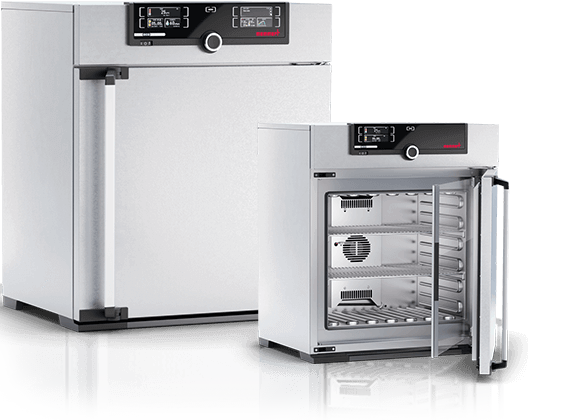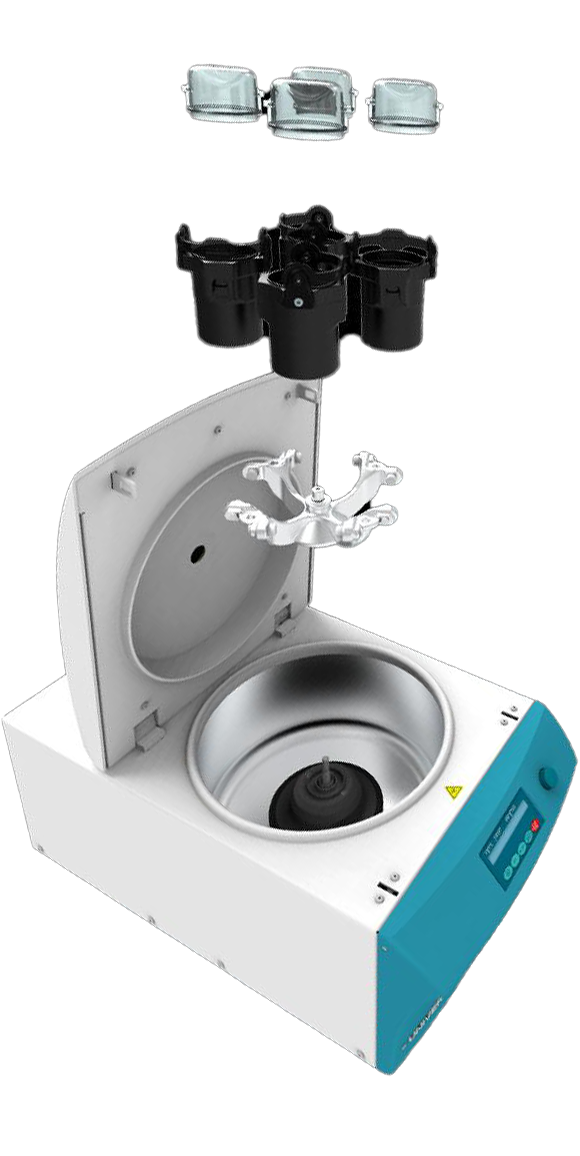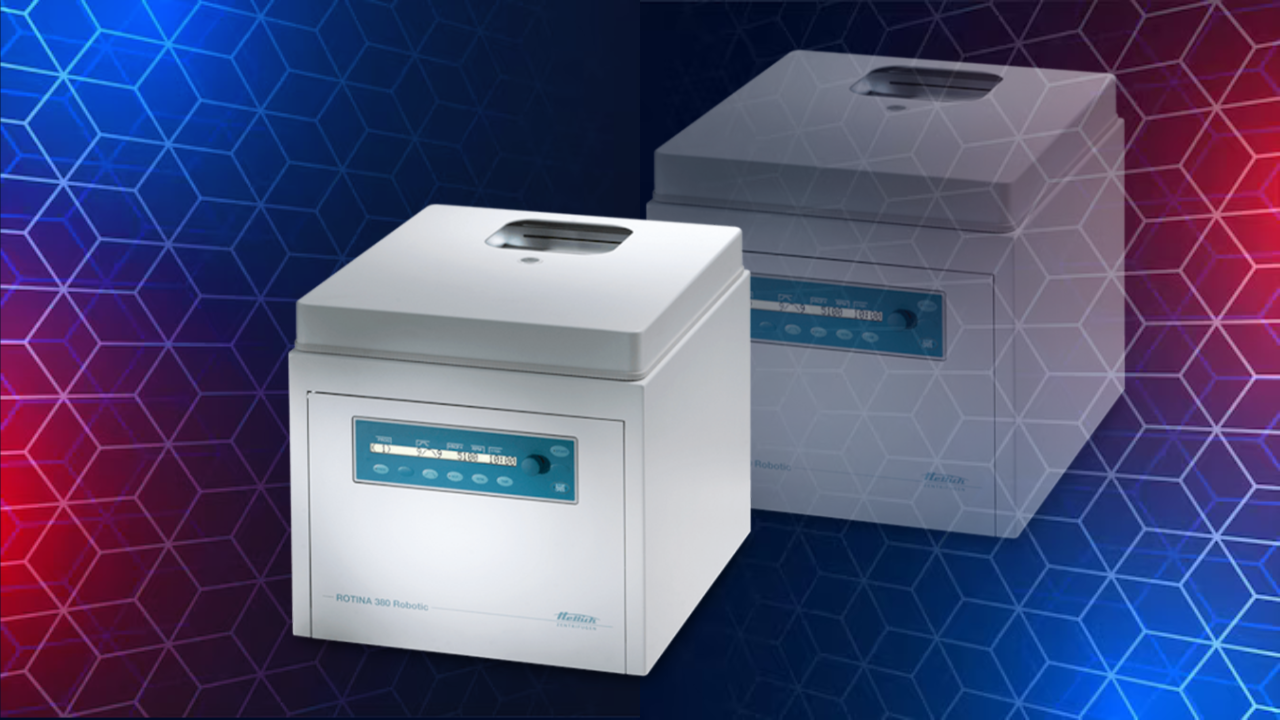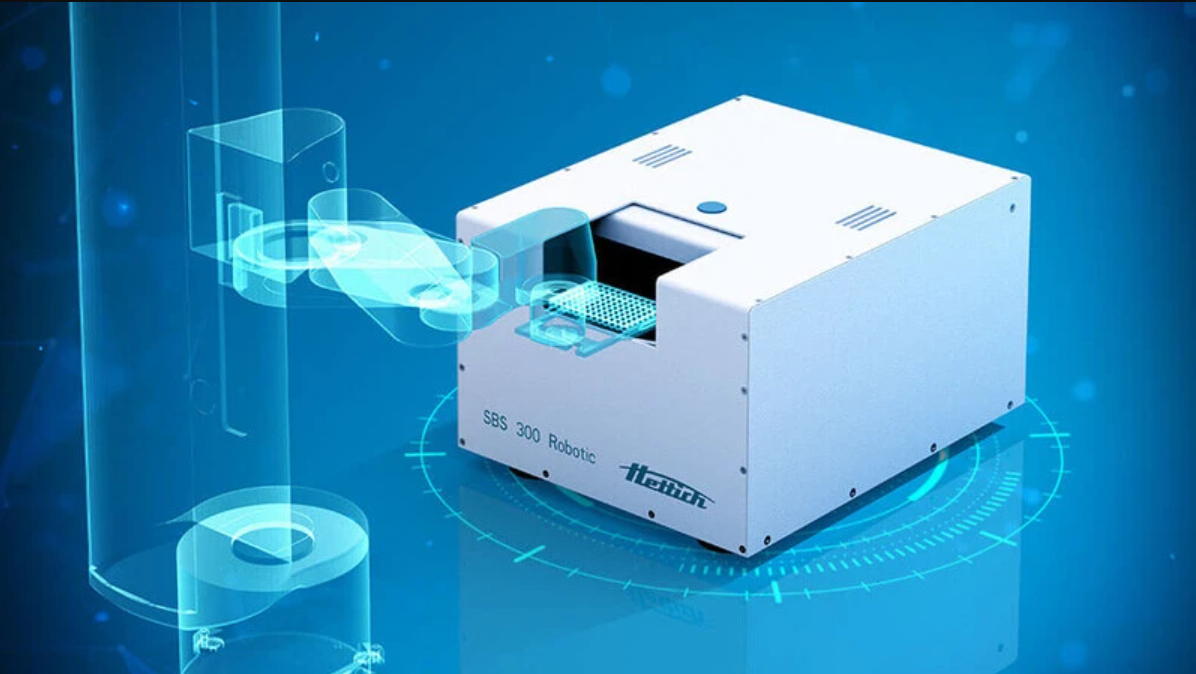Some might say that the healthcare system in the UK has been due for an upgrade for some time now. Between hard copy paper trails, data which isn’t interconnected and aging equipment, many hospitals are stuck in the last century for too long. But this is all changing. Smart hospitals are here and they’re rewriting the rulebook. We’re talking about facilities wired with 5G, powered by AI and running automated processes without the need of a human being.
For lab staff in hospitals, this shift is exciting and is looking like it will usher in a new level of health care in the UK. Let’s take a closer look:
What exactly is a ‘Smart Hospital’?
The term ‘Smart Hospital’ is a hospital with a streamlined technological ecosystem. Imagine a hospital where all devices, from MRI scanners to lab analysers, are inter-connected through the IoT, speaking in real time, sharing data seamlessly and helping clinicians make faster, sharper decisions.
Smart hospitals include AI, cloud systems, wearables, robotics and 5G connectivity. But it’s not tech for tech’s sake. The mission is to use this technology to improve patient care, slash costs, boost diagnostic speed and take staff efficiency to new heights.
What does this mean?
Smart hospitals are turning clinical labs into real time data engines. Gone are the days of batch processing and file transfers. With 5G, instruments can send data instantly to centralised systems, enabling AI algorithms to spot anomalies, flag urgent results and even cross reference with patient history in seconds.
That means faster diagnosis, better disease tracking and less manual grunt work. For hospital teams, it’s a dream scenario: rapid feedback loops from patient response data, real world evidence collection without delays and more agile clinical trials driven by real time monitoring.
And here’s the key thing: equipment doesn’t just sit idle anymore. With predictive maintenance powered by 5G and the IoT, instruments alert staff before they fail. For example, inventory systems know when you’re low on reagents. Even the fridge knows if it’s running hot—and pings a message to your phone. A total game changer.
Other key benefits of the smart hospital
In a smart hospital, the laboratory isn’t just a support function, it’s the heart of decision-making. Thanks to the integration of Electronic Health Records (EHRs) and smart diagnostic systems, data now flows directly into AI driven dashboards used by Doctors, Pharmacists and Nurses. Equipment learning models can even prioritise which samples should be tested first based on a patient’s real time vitals or risk score. Its triage meets technology.
For professionals working in biochemistry or pathology, this means you’ll have more visibility, more impact and fewer bottlenecks.
It’s not just flashy. It’s functional
Now, we know what you’re thinking: ‘Sounds great, but does it really work?’ The answer is yes, and it’s already happening. Facilities in the UK are piloting smart hospital designs that include AI guided robotic surgery, real time patient monitoring and digital twin simulations for treatments.
However, adoption isn’t frictionless. Labs will need serious cybersecurity protocols. Interoperability is still messy and some legacy analysers just don’t talk well with modern software. Staff training is crucial too. A smart hospital without a smart team is useless.
But here’s the good news: companies like Henderson Biomedical (yep, that’s us) are already stepping in to help hospitals transition towards a smart hospital. Our range of Hettich automated centrifuges and Eupry cloud-based data loggers are becoming more widely used in hospitals around the UK. Our key partners like Hawo are introducing ways of harnessing robotics for packaging in Sterile Service Departments with the revolutionary SealBOT.
In short, the smart hospitals are about giving lab professionals the tools and infrastructure to actually move faster, collaborate better and make a bigger impact. Here at Henderson Biomedical, we want to be a part of that and aim to support the technological changes that hospitals will undergo during this smart revolution.
Image by Freepik.









